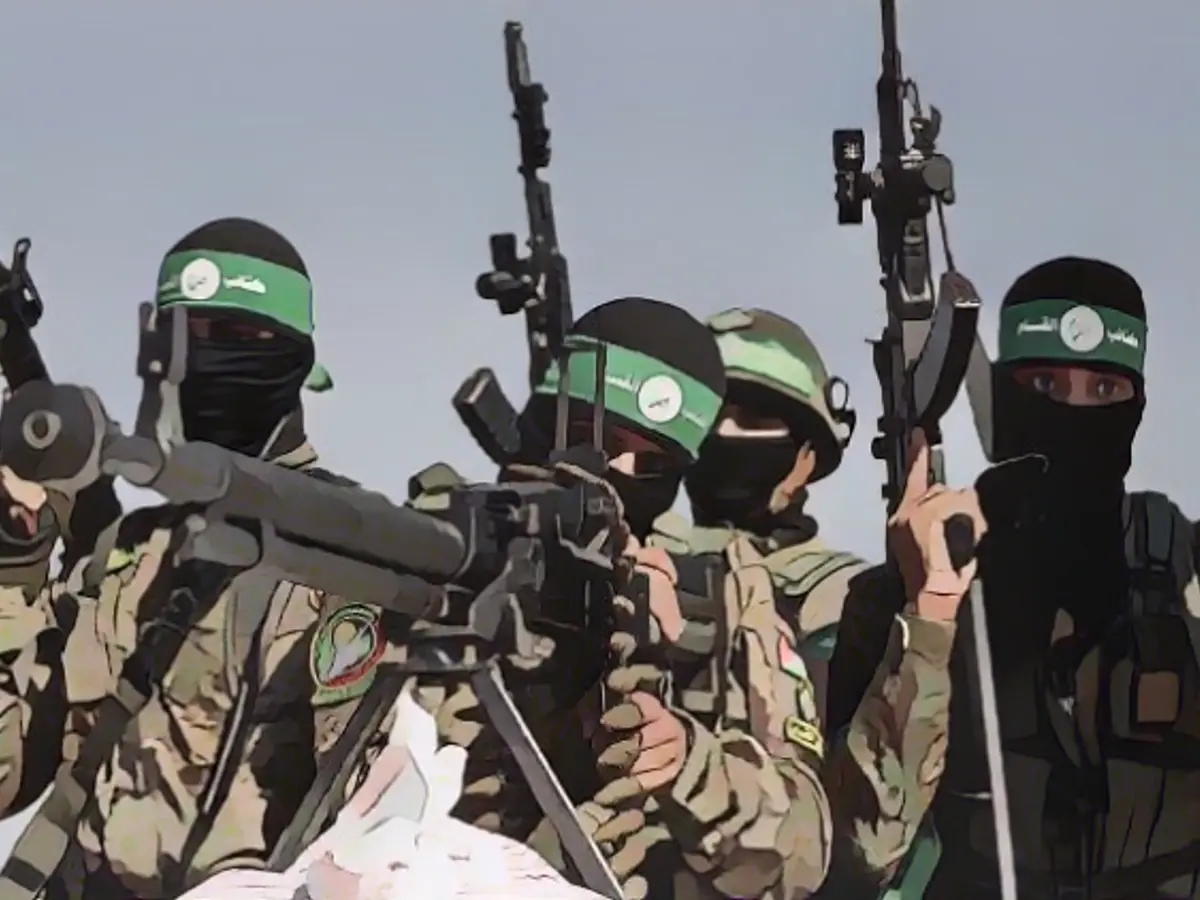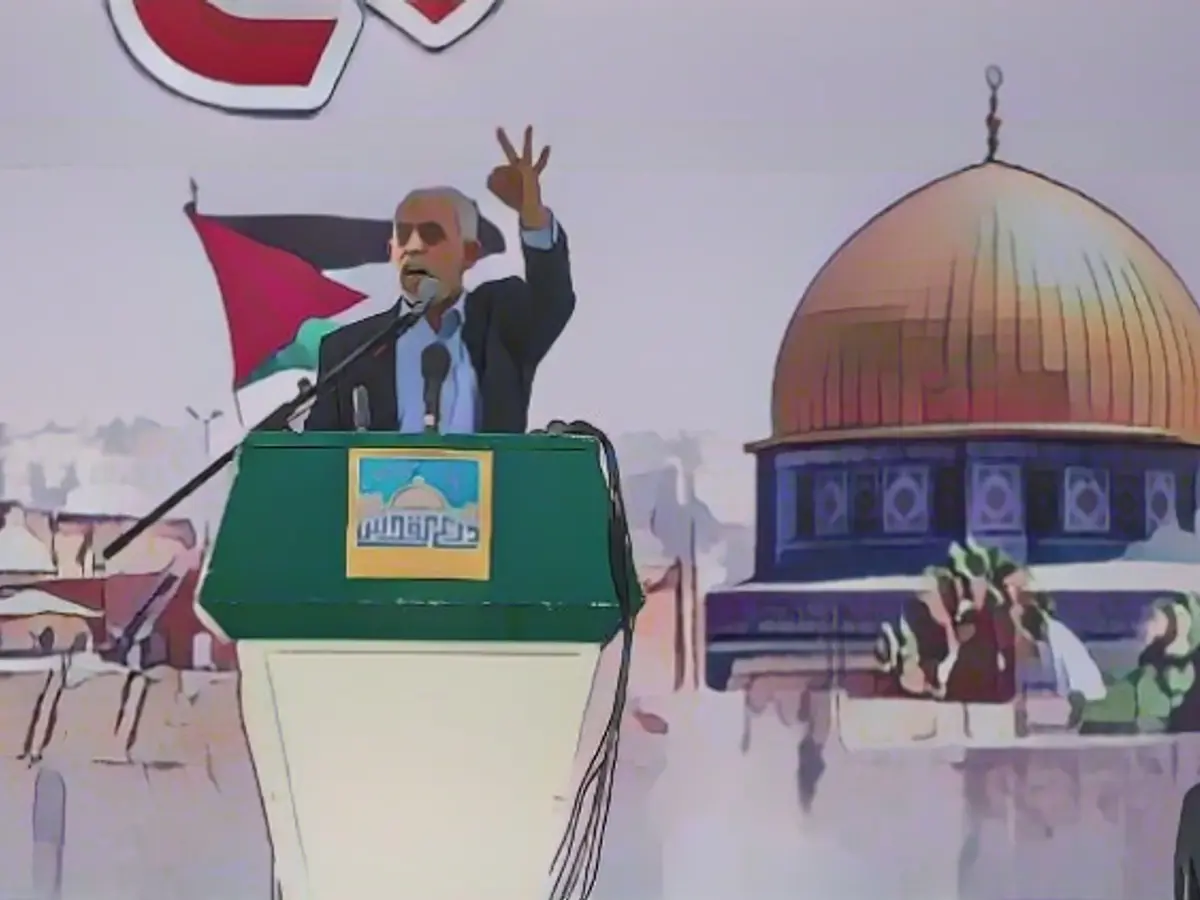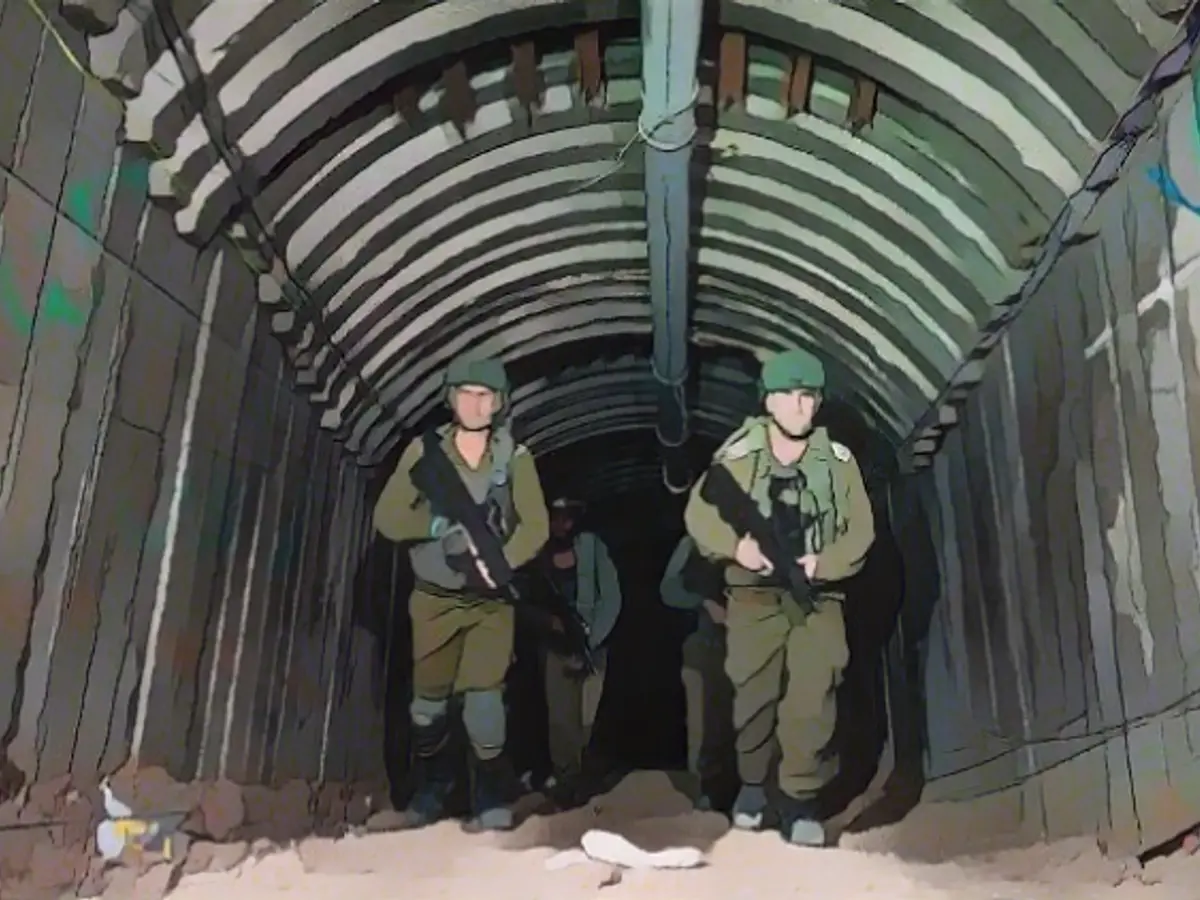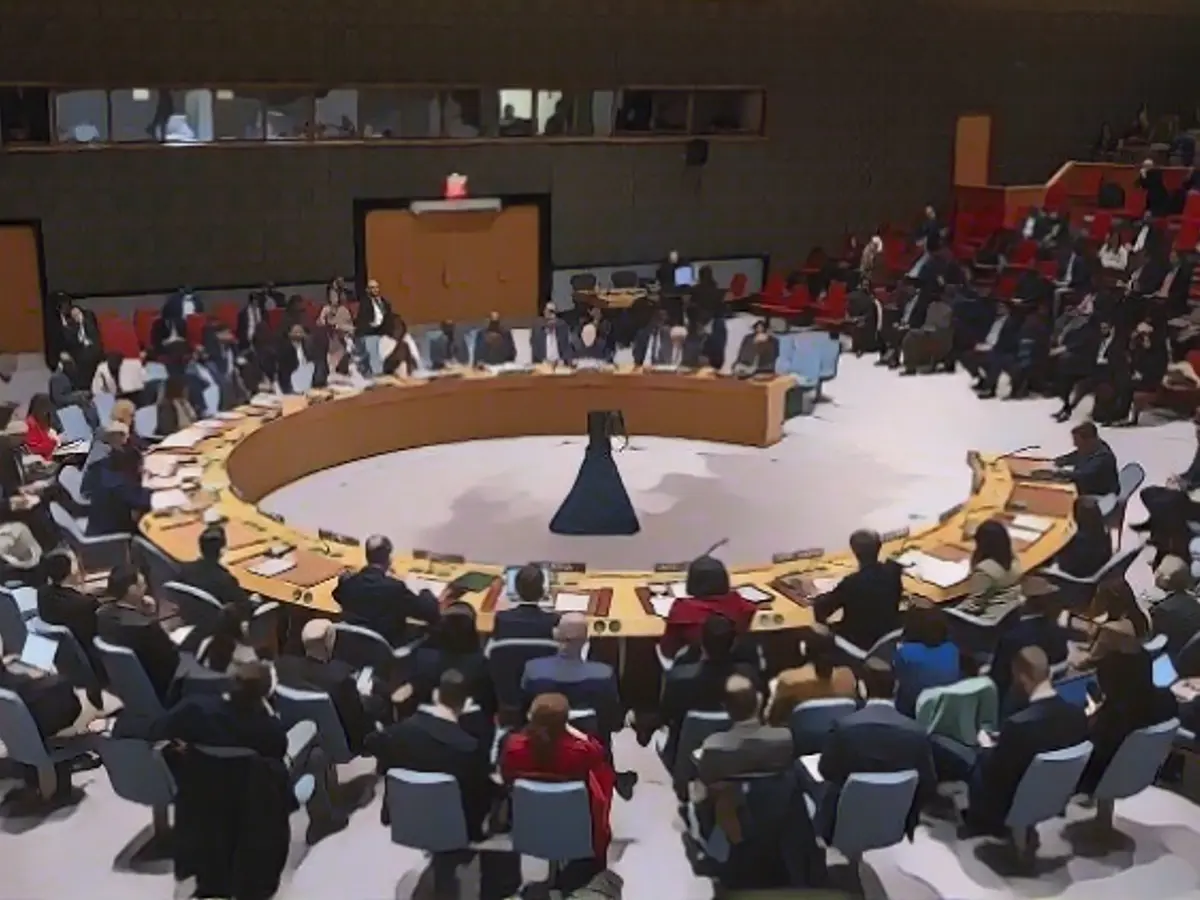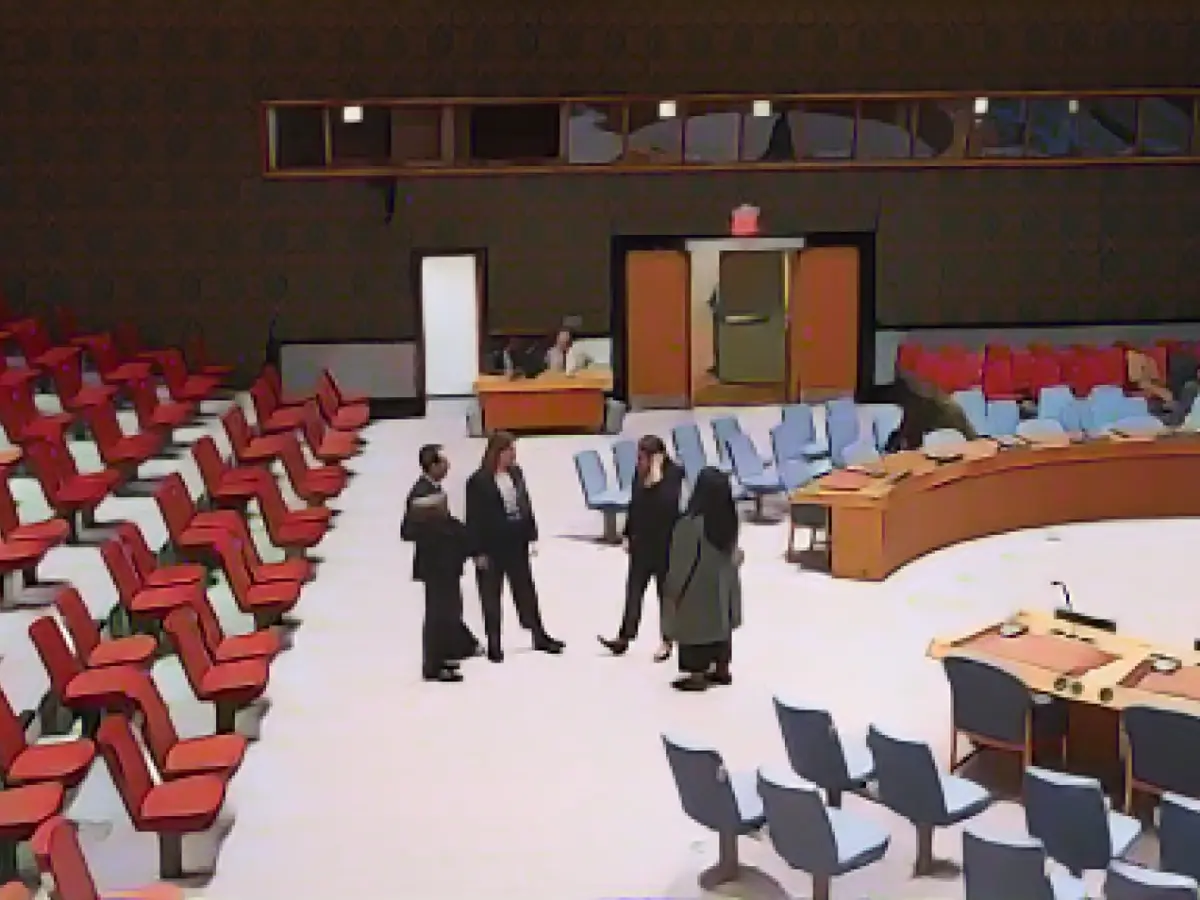After the massacre, Hamas' popularity soars in surveys
An informal analysis of recent public opinion polls in Gaza and the West Bank
In the aftermath of the October 7th massacre, a survey conducted by the Palestinian Center for Policy and Survey Research (PSR) reveals a significant increase in support for Hamas in both Gaza and the West Bank. Despite the widespread knowledge of the "Israeli war", few people are aware of videos showcasing Hamas' alleged war crimes.
A threefold surge in West Bank support for Hamas
In the West Bank, Hamas' approval ratings skyrocket to 44%. Three months earlier, support for the terror group stood at a meager 12%, demonstrating a clear rise in popularity while Fatah, the party ruling in the West Bank, loses much of its backing. Only 16% of the population still expresses interest in supporting President Mahmoud Abbas' party.
A relatively stable surge in Gaza's support
In Gaza, where the population currently endures the Israeli military's counterattack, political opinions remain more stable than in the West Bank. Hamas retains 42% of support in Gaza, compared to 38% three months prior. The smaller increase in Gaza reflects the population's skepticism toward Hamas propaganda, owing to 16 years of living under the group's political arm since 2007.
Few Palestinians aware of alleged Hamas atrocities
Only 5% of Palestinians in the West Bank believe reports detailing Hamas brutality and the commission of war crimes. In Gaza, this figure is slightly higher, at 17%. It is worth noting that roughly 7% of West Bank respondents and 25% of Gaza respondents claim to have seen videos showcasing Hamas' alleged war crimes.
The limited access to information, controlled media, and propaganda from Hamas might explain the low level of familiarity with these videos among Palestinians.
Hamas' narrative of "fighting for freedom" continuously gaining support
The survey indicates that 81% of Palestinians in both territories support Hamas' narrative of fighting for freedom, with an attack on October 7 being a response to alleged attacks on the Al-Aqsa Mosque and West Bank residents, as well as the release of Palestinian prisoners. This perspective is more widely accepted in the West Bank than in Gaza, where people are more skeptical of Hamas' propaganda.
Only 85% of Palestinians in both territories have reportedly not watched videos from international or social media that detail atrocities committed by Hamas members against Israeli citizens. Among those in the West Bank who have seen these videos, the percentage is much lower than in Gaza.
The majority of Palestinians deem Israel guilty of war crimes in Gaza
In both the West Bank and Gaza, 95% of respondents view Israel as responsible for committing war crimes in Gaza. This sentiment allows Hamas to continue promoting its "supposed fight for freedom" narrative against Israel. However, the heightened support does not grant Hamas the backing of a majority of the population.
Significant support for armed struggle, despite dwindling support for Hamas
Two-thirds of Palestinians in both areas believe that, in principle, armed struggle is the best means of ending the Israeli occupation. The proportion of those who advocate for a two-state solution with Israel has risen slightly after the October massacre and during the Israeli counterattack.
Enrichment Insights:
- Access to Information: Limited internet access and controlled media in Gaza have contributed to a lack of awareness about Hamas' alleged war crimes.
- Hamas Propaganda: Hamas releases propaganda videos that portray the Israeli military as the aggressor and Hamas as the defender, potentially downplaying or negating allegations of war crimes.
- Trust in Hamas: Many Palestinians in Gaza have strong relationships with Hamas, which can cause them to dismiss or ignore allegations of war crimes against the organization.
- Humanitarian Crisis: The ongoing crisis in Gaza, including the lack of basic necessities, can overshadow concerns about war crimes. Palestinians may prioritize survival needs over broader issues.
- International Politics & Diplomacy: The efforts of the international community to brokering ceasefires and negotiating peace agreements can create a sense of moral equivalence between the parties involved, potentially leading some Palestinians to question or downplay allegations made against Hamas.
